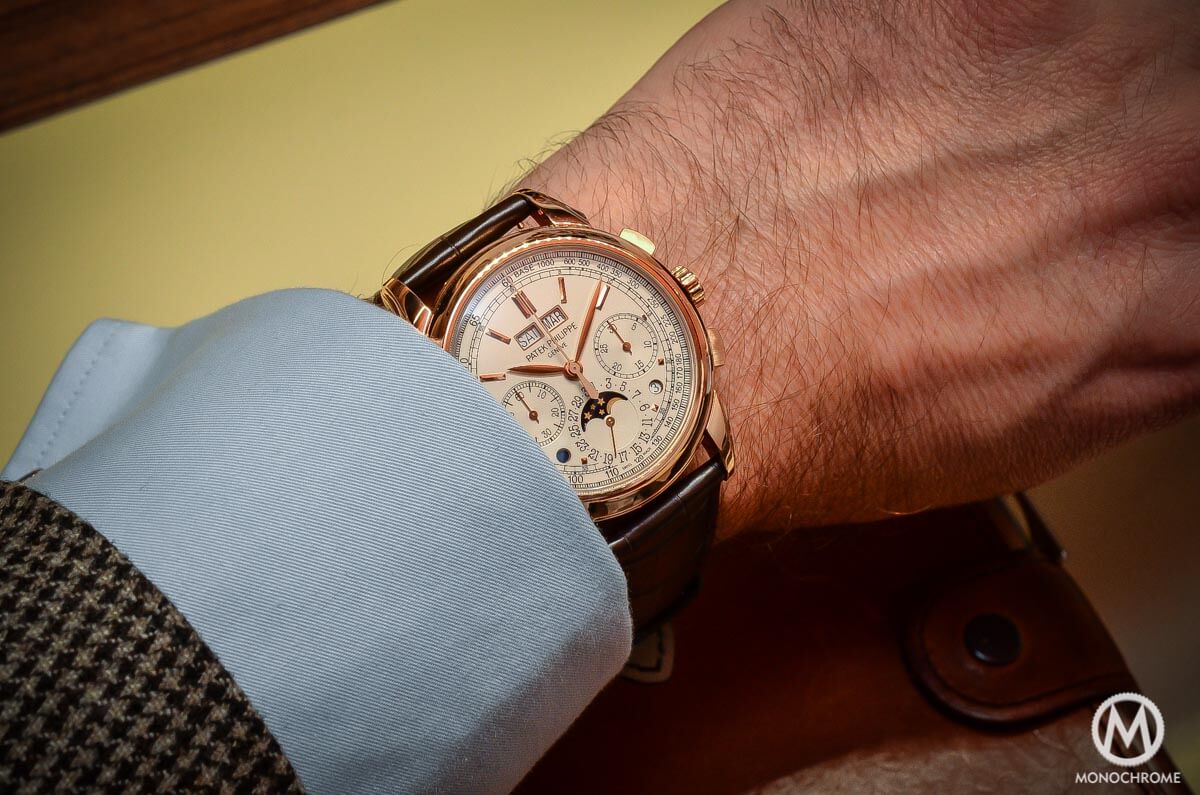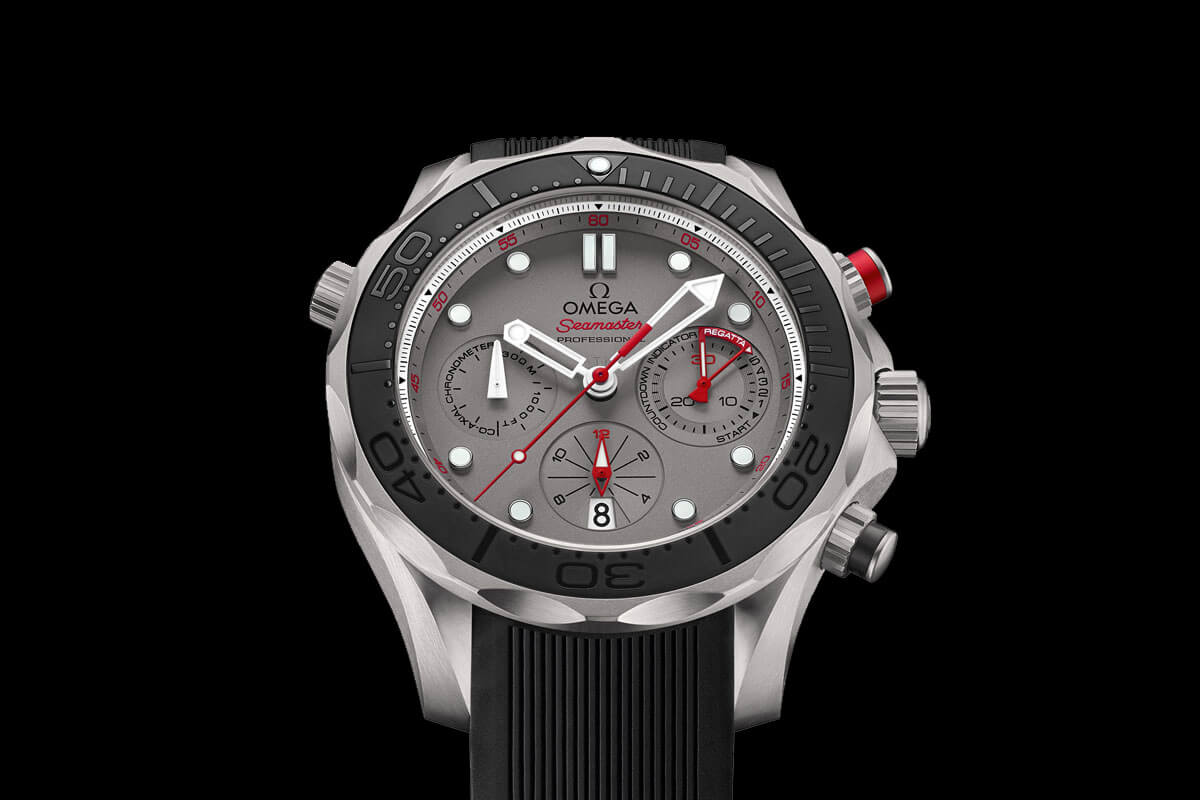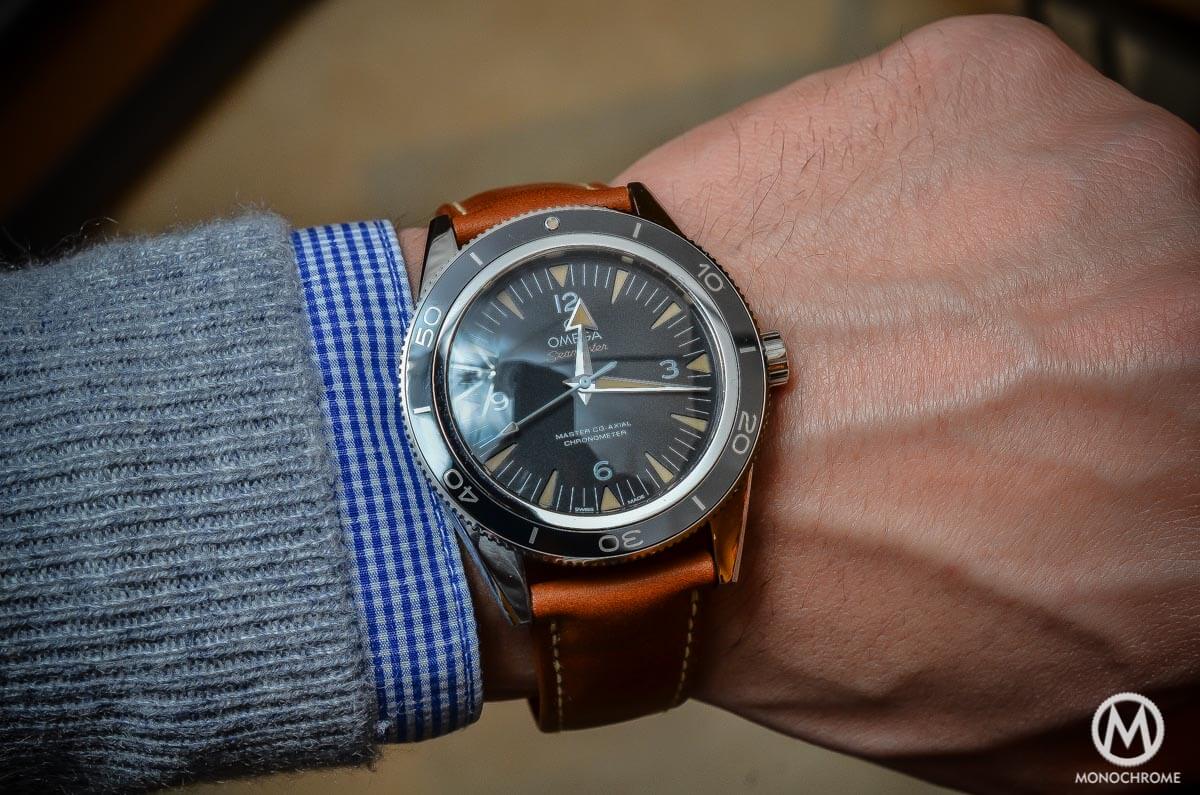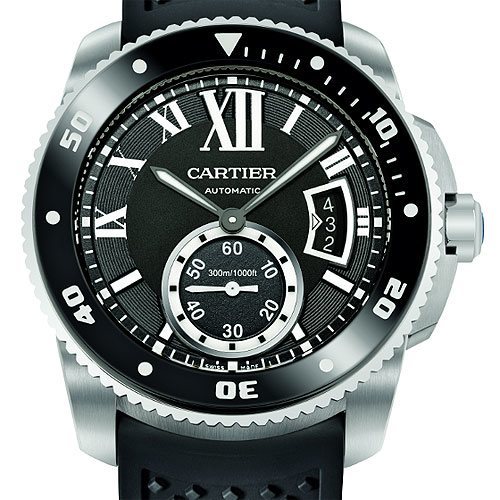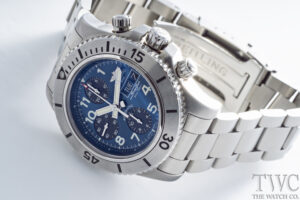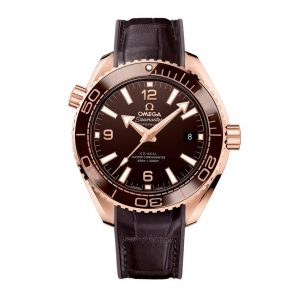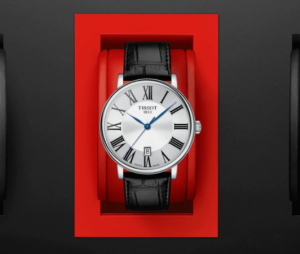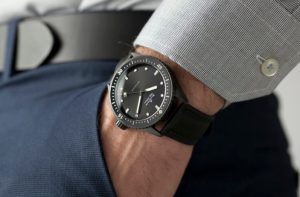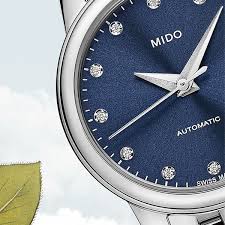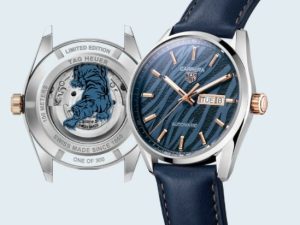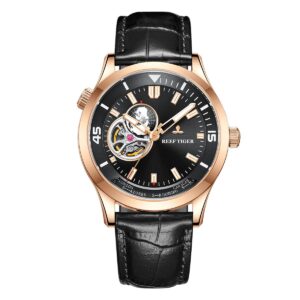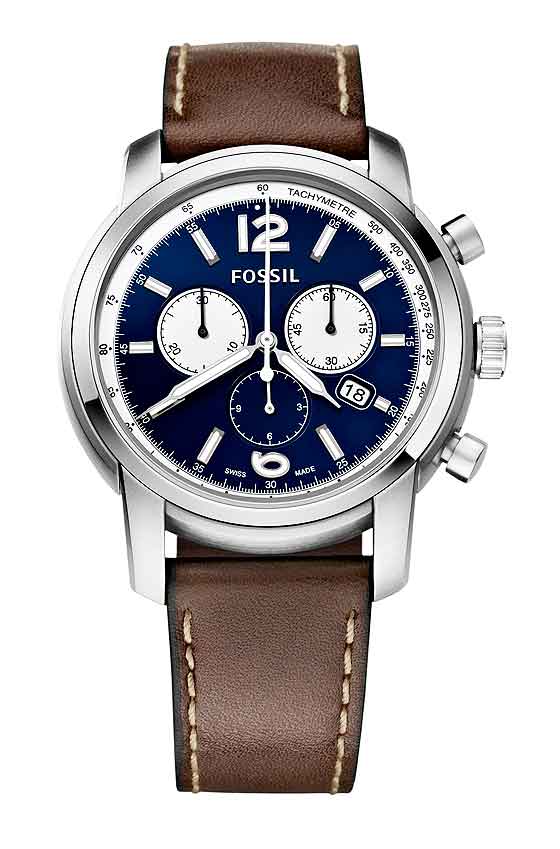
The fashion-watch company Fossil, a giant of the Hong Kong watch industry, is making more watches in Switzerland. Why? Norma Buchanan tells us in this feature article from the February 2014 issue of WatchTime.
There’s a movement maker in Switzerland that even most savvy watch fans have never heard of. It’s in the small town of Manno, in the canton of Ticino, near the Italian border and far from the Jura watchmaking region. It’s called STP, for Swiss Technology Production. It isn’t huge, but it isn’t to be sneezed at, either: this year it will turn out some 100,000 automatic movements. While most people don’t know of STP, they certainly know its owner, the Fossil Group. Fossil, based in Richardson, Texas, is the fourth-biggest watch company in the world. (It was added to the S&P 500 index two years ago.) In 2012, the latest year for which figures are available, Fossil had watch sales of $2.2 billion, sold under 14 different brand names: the flagship Fossil brand, DKNY, Skagen, Michael Kors, Emporio Armani, and on and on. (The company also sells accessories; total Fossil Group sales for 2012 were $2.9 billion.)
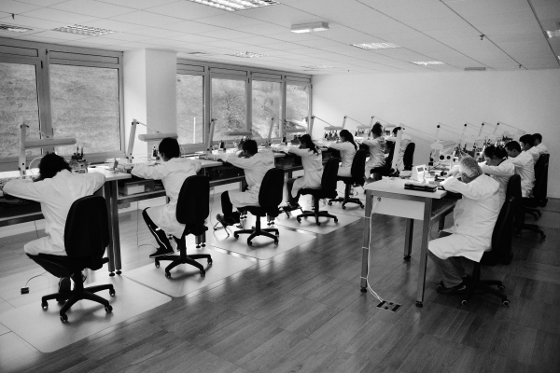
Fossil, which is publicly owned, was founded in 1984 at the start of the fashion-watch boom, and grew to its current formidable size largely on the strength of fashion watches made in southern China. Now Fossil is moving on a second front: Switzerland. STP, purchased in 2012, is the latest step in the company’s campaign to increase its portfolio of Swiss-made products, which until recently contained only the Burberry and Zodiac brands. The Fossil Group now has Swiss movement-assembly, case-making, design and prototyping facilities. It also has a big building in Basel, within walking distance of the Baselworld fairgrounds, which houses the headquarters for all its European operations. Last year, the company launched a Swiss-made collection within its Fossil brand. It plans to extend the Swiss-made label to other marques, including its new Tory Burch line. Fossil signed a licensing agreement with that brand early last year and plans to introduce the watches before the end of this year.
Why would the king of Asian-made quartz fashion watches want to make watches in Switzerland? The reason is simple, says Martin Frey, managing director for Fossil Group Europe. It’s Asia. “If you compare Fossil with other groups like the Swatch Group or Richemont, the share of the business we’re doing in Asia is still pretty low. There is huge potential in Asia. We already have the distribution there.” Right now, about half of the company’s sales come from the U.S. and less than 20 percent from Asia. It is certainly not a coincidence that Frey’s previous job, before he moved to Fossil in 2006, was with DKSH Ltd., a Zurich-based company that specializes in helping brands market their products in Asia. (It recently purchased a 20-percent interest in the luxury-watch brand Bovet, which is also working to increase its business there.) But Asians don’t go for Asian-made watches, at least not above a certain, rather low, price point. At the mid-price level and above, they want Swiss-made, and put more importance on that label than do, say, Americans. Hence Fossil’s focus on Switzerland.
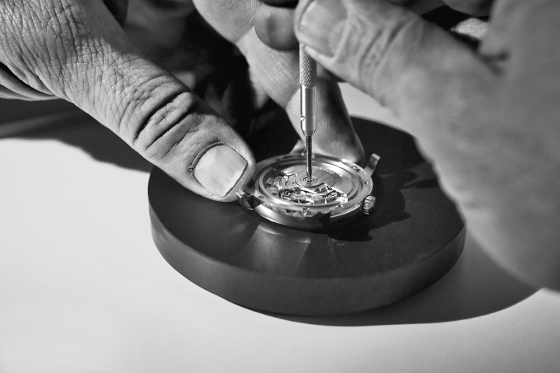
The Fossil Group’s Swiss-made story began in 2001. That year, the company bought for $4.3 million the then-recently bankrupt Swiss brand Zodiac, founded in 1882, best known for its Sea Wolf dive watches. In announcing the acquisition, Fossil said it was the first step in building a Swiss-made business. Fossil revamped and updated the brand, which now consists of chunky, very masculine-looking quartz chronographs and automatic divers’ watches priced from about $700 to $1,000. At nearly the same time, Fossil bought for $2.3 million three subcontracting companies, all in Bienne. They were Montres Antima, which assembled watches for its own Antima brand (now defunct) and for other brands; Meliga Habillement Horloger, which sourced components; and Synergies Horlogères, which designed and made prototypes. Fossil put all these companies under the Antima umbrella.


In yet another deal that year, Fossil signed a licensing agreement with Burberry, the British clothing company, and in 2002, launched Burberry watches as an all-Swiss-made brand (with the exception of a handful of non-Swiss models now discontinued). Given the popularity of the Burberry name in China (the Asia-Pacific region now accounts for 39 percent of the Burberry Group’s business), Fossil saw it as a locomotive that would enable the Fossil Group to grow quickly there. (Click here to read our report on the launch of Burberry watches.) Within a few years, Burberry was selling between 400,000 and 450,000 watches, a figure that remains roughly the same to this day.
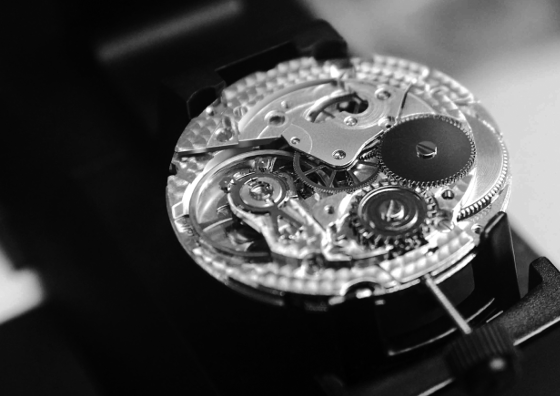
Fast-forward to 2012, when Fossil’s Swiss-made campaign went into high gear with the purchase in April of a 51-percent interest in STP. The company had been founded in 2006 by a group of investors in Lugano. It was then called Prime Watch Holding Production. One big reason Fossil wanted it was the Swatch Group’s intended cutbacks of movement shipments to third parties. “When it came to our Swiss-made strategy,” Frey says, “[we knew] sooner or later you need to control the flow of movements. We needed to have options. We searched the market to see what was available.” (STP was not only available, it was available for a song: $266,000.)

and CFO Christian Stegemann (below)

STP assembles movements; components are made by outside suppliers, mostly mid-sized, independent companies in the Jura, Frey says. Since then, Fossil has doubled the size of the Manno facility and installed new assembly lines, says Christian Stegemann, CFO of Fossil Europe. Eventually, there will be three work shifts (there are now two). Production was just a few thousand movements in 2012 but climbed to 60,000 last year and is projected to reach 100,000 this year. STP makes a single movement: a three-handed, 11½-ligne automatic much like the ETA 2824 (but with a longer power reserve – 46 hours, Fossil says). The movement is called the STP1-11 and for the moment is used in three Fossil brands. One is the Fossil brand itself, in a Swiss-made men’s collection launched last year called Fossil Swiss. The collection is a mix of automatic models, at $895 and $995, and quartz chronograph and day-date watches, priced from $695 to $995. The quartz movements used in Fossil Swiss are made by Ronda. According to Frey, the primary target customer for Fossil Swiss is not America, although the watches are being sold here, but Asia and other markets where the brand is less closely associated with inexpensive fashion watches. “Americans see Fossil as a fashion brand,” Stegemann says. “Will they trade up to get Swiss-made quality for double or triple the price? That’s the question.”
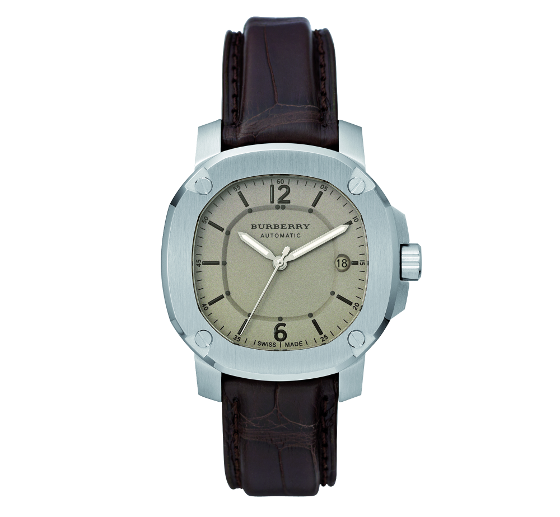
The STP movement is also used in the Burberry brand, which includes men’s and women’s quartz and mechanical watches priced from $395 to $1,995 (the new, higher-end Burberry Britain collection goes up to $14,955 for one gold, limited-edition model). The most expensive Burberry mechanical watches contain Soprod and ETA movements; the STP movement is used for the brand’s mid-price range. The third Fossil Group brand with STP movements is Zodiac.
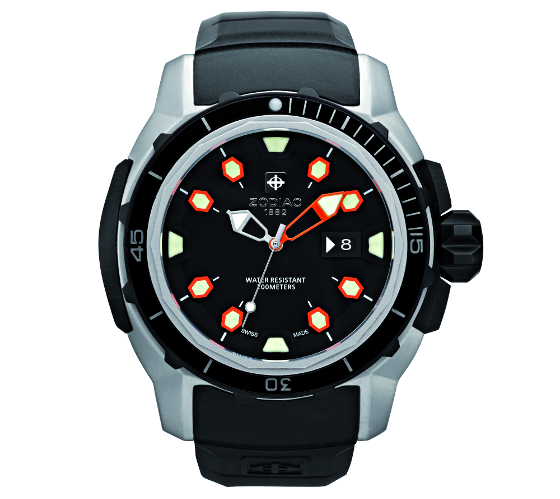
Fossil also sells STP movements to brands outside the group, including the Swiss brand Roamer, maker of mid-priced automatic and quartz watches. “We supply third parties, but the strategy is not to become a major supplier,” says Stegemann. By major, he means in the same category as giant ETA or Sellita. STP’s production already puts it in the second tier of Swiss movement makers, along with firms such as Soprod. In time, STP will introduce more complicated movements, Fossil says. The Fossil Group also makes cases for its Swiss-made watches. It has set up a factory in Glovelier, in the Jura, which began production in the fall. It’s called STC, for Swiss Technology Components, and will one day make some movement components as well as cases, Frey says. The decision to manufacture cases was in part a response to changes that are underway in the Swiss government’s definition of “Swiss made.” Until now, the law allowing a company to label its watches “Swiss made” required only that they have Swiss movements and be cased and quality-tested in Switzerland. Last year, after a long period of discussion, the Swiss Parliament voted to tighten the requirements so that “Swiss Made” watches must contain at least 60 percent Swiss-made components, measured by the components’ value. To be prepared for such an event, Fossil wanted an assured supply of Swiss cases, which would enable the company to meet the new, stricter requirement easily, Frey says. “Our strategy was just to wait to see what the new regulation would be and make sure we were ready.”

And now it is, Frey says: the new case factory marks the end of Fossil’s Swiss verticalization. His Swiss mission is accomplished. “We aren’t planning to buy additional companies to verticalize even more,” he says. “But we will invest in these two companies.” As for more Swiss-made Fossil Group brands, or more Fossil Group brands with Swiss-made collections within them, they are on the way, but mum’s the word for now on what they will be.
Fossil at a Glance:
HEADQUARTERS: Richardson, Texas
OWNERSHIP: Publicly held; traded on the NASDAQ
CEO: Kosta Kartsotis
SALES AND EARNINGS: Net sales of $2.9 billion ($2.2 billion from watches) and net income of $343 million in 2012
WATCH BRANDS: Company owned – Fossil, Michele, Skagen, Zodiac.
Licensed – Adidas, Armani Exchange, Burberry, Diesel, DKNY, Emporio Armani, Karl Lagerfeld, Marc by Marc Jacobs, Michael Kors, Relic
EMPLOYEES: 13,000
STORES: More than 450 company-owned stores, including Watch Station and Fossil brand stores
